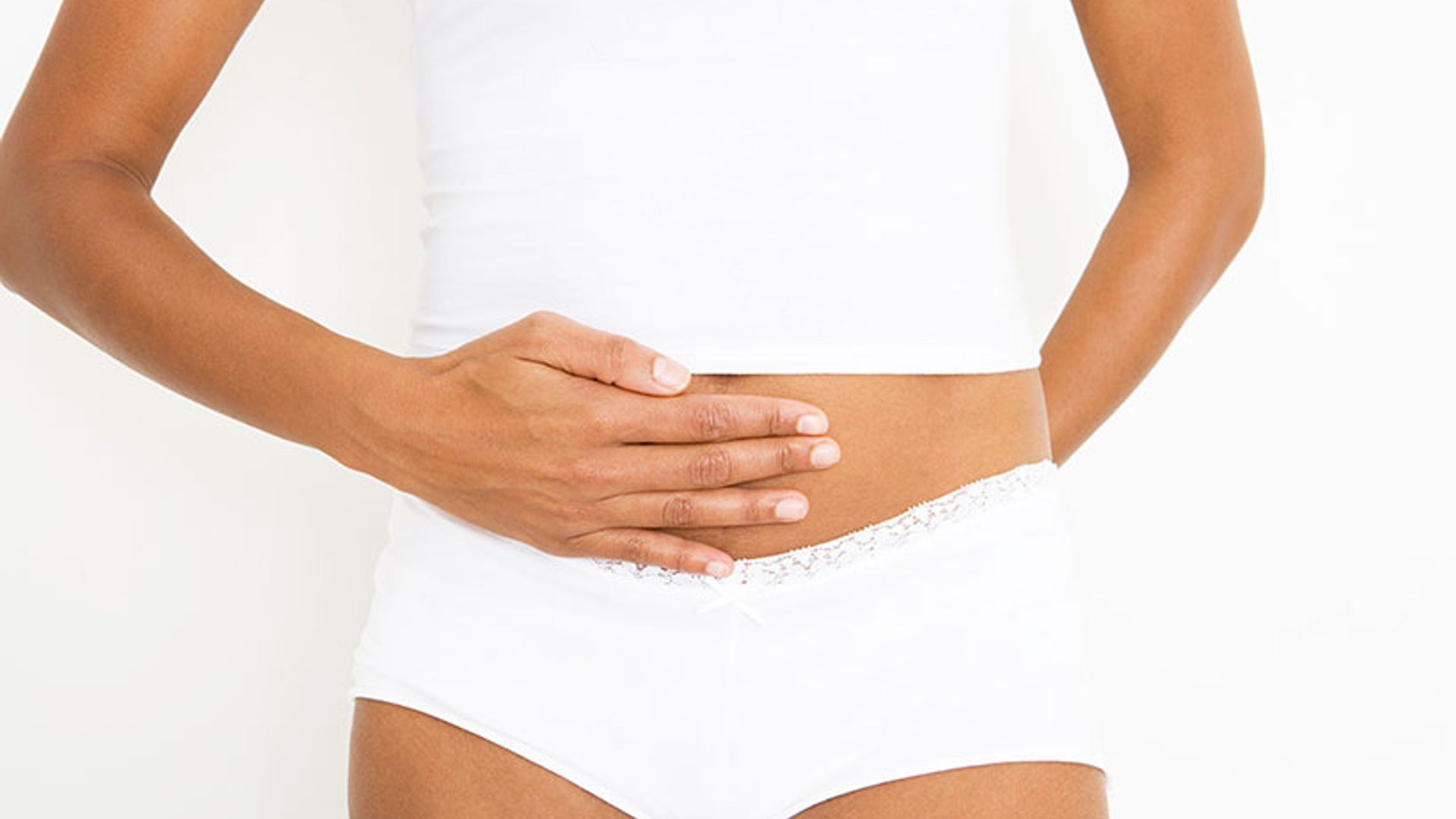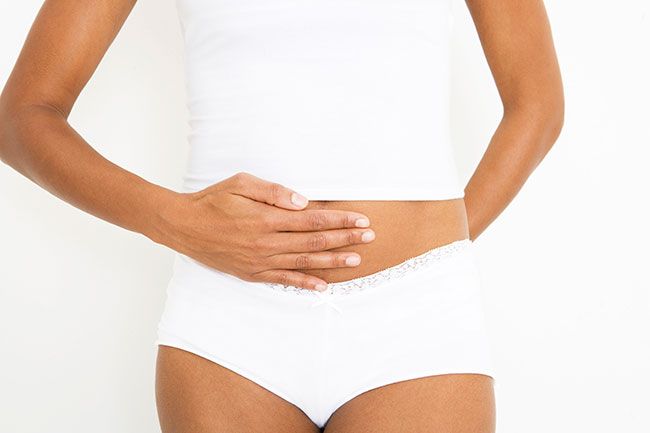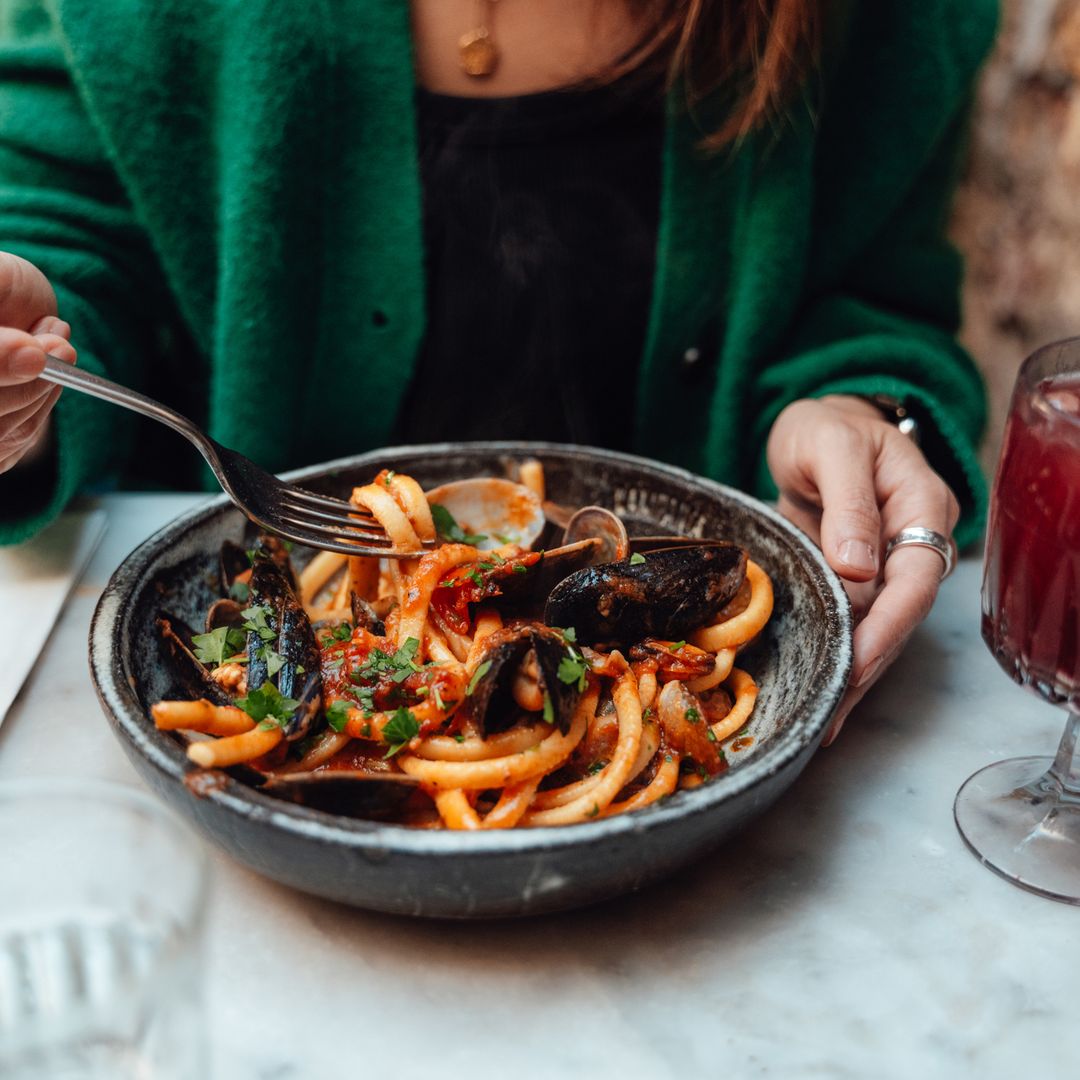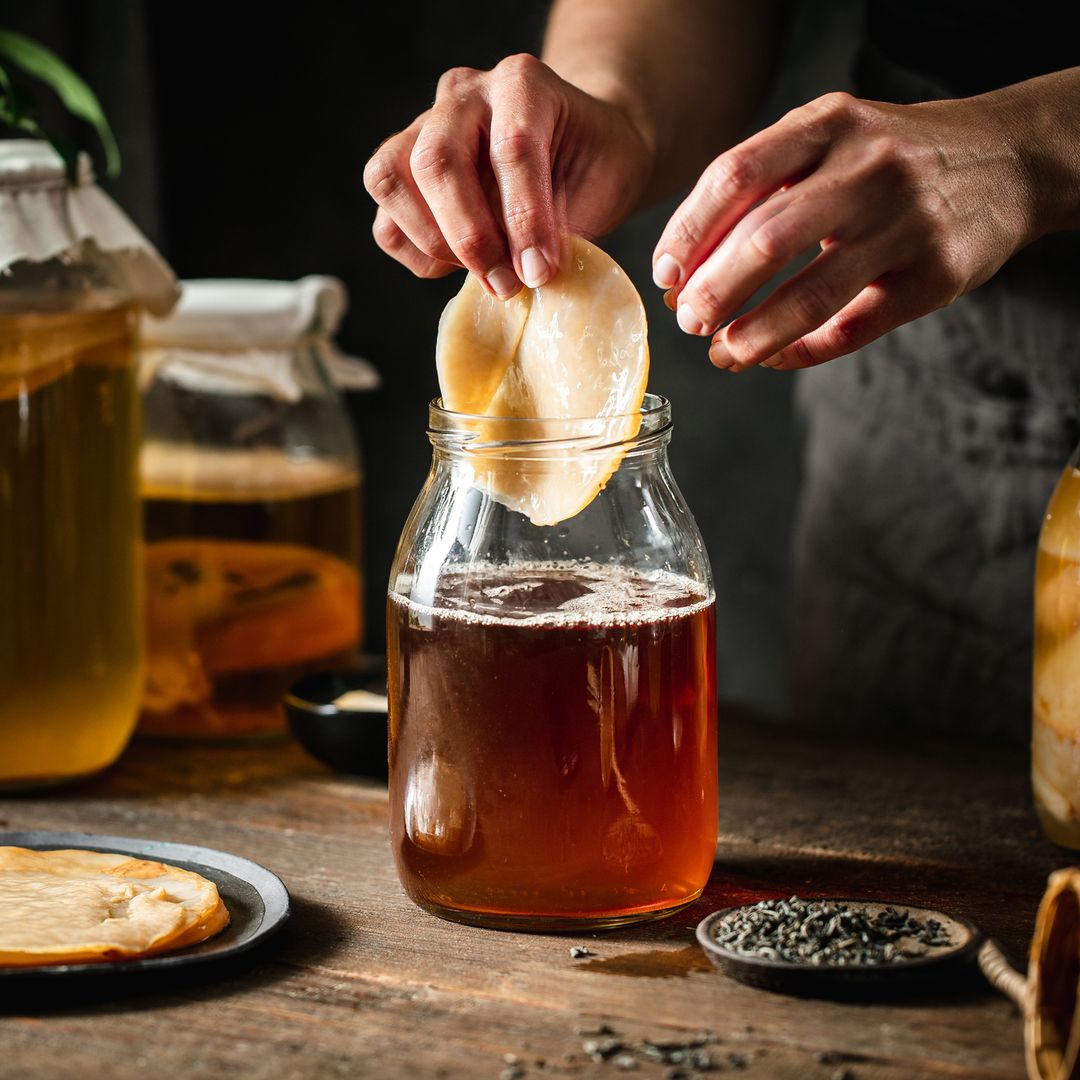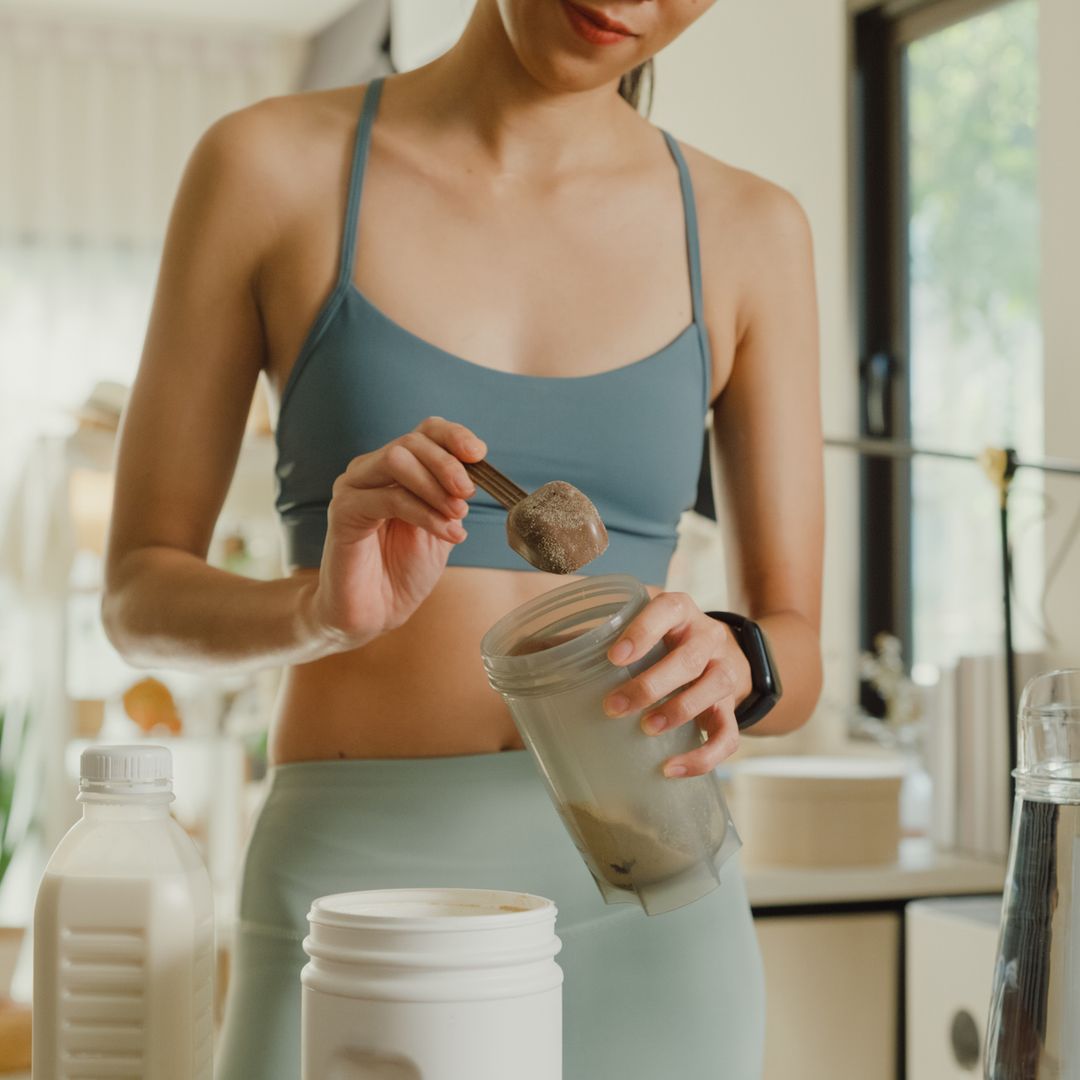There was a time when the function of the gut was seen simply as food digestion; not any more. Many doctors now believe that it not only controls our nutrition but also plays a key role in determining energy levels, our skin health, our immune systems – even our mental wellbeing.
"Many health issues have been linked to problems in the gut, from digestive issues such as bloating, gas and diarrhoea, to food allergies or sensitivities, depression, anxiety and other mood issues, skin problems such as eczema and more serious health issues like diabetes and autoimmune disease," says ProVen Probiotics nutritionist Adrienne Benjamin.
The true influence of the gut is only just being understood and with so many bodily functions reliant on our digestive system, it is vital that we keep them in shape. "More than 70 per cent of the body's immune system is concentrated in the gut," says nutritionist Cassandra Barns. "It is the portal to the body, processing an enormous variety of food and absorbing nutrients, as well as being exposed to myriad infectious agents and toxic substances. Therefore it's important to maintain optimal gut health for an overall healthy body."
With this in mind, HELLO! beauty editor Nadine Baggott asked leading nutritional experts to share their good-gut guidelines…
OF PRODUCTS
Eat right
"Eat vegetables and protein with every meal," says nutritionist Shona Wilkinson. "Vegetables are packed full of nutrients like beta-carotene, which help your digestive system function properly. Protein supports our digestive system by providing amino acids as building blocks for the regeneration of the gastrointestinal tract. Good sources of protein are unprocessed meat, fish, eggs, dairy and beans. Meat also contains zinc, which is useful in gut repair. If you don't eat meat, look for vegetarian sources, such as pumpkin seeds."
Boost your bacteria
Says Cassandra: "The bacteria in our guts outnumber our cells by about 10 to 1 and take residence in our bodies from the day we are born, remaining with us throughout our lives. Stress, diet, illness, exercise, medications – even getting older – can all affect the gut by upsetting the natural balance of bacteria. So sometimes it needs a helping hand with probiotics."
Chew more
Chewing is the first stage in the digestive process, but one we often skimp on. And according to Dr Marilyn Glenville, this is a mistake. "Try to chew each mouthful until the food is liquid; this will help to ensure the food is properly digested and will encourage you to eat slower. Also, when you take more time to thoroughly chew and taste your food, it becomes more satisfying, so this will help to prevent you from overeating."
Drink up
"If you're feeling bloated you might think it is best not to drink, but not drinking makes fluid retention worse, in the same way that crash dieting makes the body hang on to fat because it thinks it's starving," says Dr Glenville. "I'd recommend a herbal tea, such as dandelion, as this contains a natural diuretic that helps restore a healthy fluid balance. I would avoid gas-making fizzy drinks."
Be D-cisive
"Vitamin D has been shown to help stabilise bowel movements and ease symptoms of irritable bowel syndrome, yet research suggests that sufferers can be deficient in this vitamin," says Cassandra. "This could be because they avoid fatty substances, due to intolerances, but these are exactly the types of foods that are often high in vitamin D. If you are concerned that you're not getting enough vitamin D, try taking a daily supplement."
Up your magnesium
Magnesium is another important nutrient for optimal digestive health. "It helps to relax our muscles and nerves, which can help combat cramping and constipation," says Cassandra. "Try to include dark leafy greens, nuts, seeds, fish, whole grains and bananas in your diet – all are rich in magnesium."
Fill up with fibre
"Fibre helps your digestive system function properly, adding bulk to your stools and helping to remove toxins," says Shona. "There are two types of fibre – soluble and insoluble. Soluble fibre can be digested by the body and helps relieve constipation by softening stools. Good sources are oats, barley, rye, fruit, golden linseed and root vegetables. Insoluble fibre cannot be digested, so passes through the digestive tract, helping to clear waste and other foods through the digestive system. Good sources are bran, cereals, nuts and seeds."
